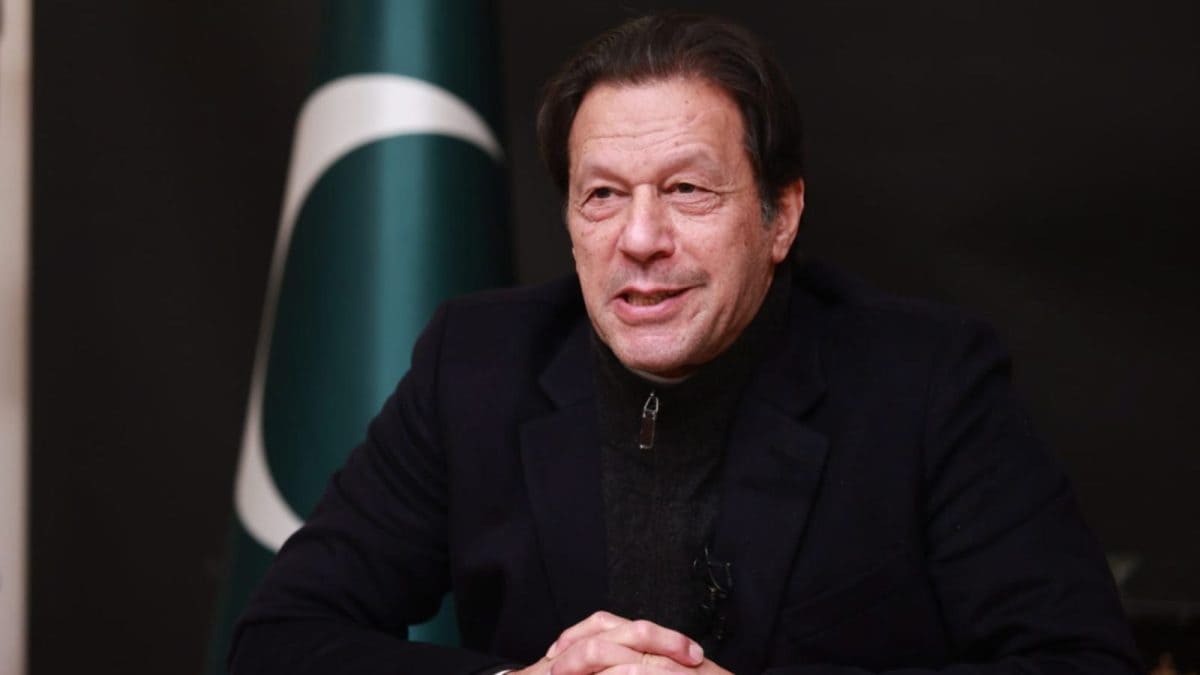- September 25, 2023
Who Was Karima Baloch? Trudeau’s Silence on Balochistan Activist’s Death Rings Loud Amid Nijjar Support – News18

Last Updated: September 25, 2023, 13:50 IST
A vocal critic of the Pakistani military and Inter-Services Intelligence, Karima Baloch was granted asylum in Canada after being slapped with terrorism charges in Pakistan. (News18)
A Balochistan rights activist, Karima Baloch was fighting for the rights of the Balochistan people with the Pakistan government and was found dead in 2020
Canada’s support to Khalistani sympathiser Hardeep Singh Nijjar and the subsequent row with India over his killing has not only irked the latter but also the Baloch Human Rights Council of Canada (BHRC) which questioned the “lack of action” in the kidnapping and alleged murder of exiled Baloch human rights activist Karima Baloch in 2020.
Accusing Trudeau of playing politics and ignoring the death of Baloch, the BHRC, in a letter to the Canadian PM, noted that there had been “perceived inconsistencies” in his government’s response to the “mysterious death of Balochistan rights activist and protected individual, Karima Baloch, in December 2020, in Toronto”.
Claiming that there was a “stark contrast” with the Canadian government’s actions on the pro-Khalistan leader, the letter said that Trudeau’s “conspicuous silence regarding the high-profile, unexplained death of Karima Baloch stands in stark contrast to his impassioned speeches in the House of Commons and extensive media coverage concerning the shooting death of Hardeep Singh Nijjar in Canada”.
Who Was Karima Baloch?
A Balochistan rights activist, Karima Baloch was fighting for the rights of the Balochistan people with the Pakistan government.
She was the first chair of the Baloch Students Organization (BSO-Azad), a political students’ body, and was known for raising the cause of forced disappearances among Baloch activists.
A vocal critic of the Pakistani military and Inter-Services Intelligence, Baloch was granted asylum in Canada after being slapped with terrorism charges in Pakistan.
In 2020, after going missing, Baloch was found dead in a river in Sweden, becoming the second Baloch activist to have died in exile that year.
What Her Family Said
As cops ruled out foul play, Baloch’s husband Hammal Haider, also a Pakistani activist living in exile, had said: “I can’t believe that it’s an act of suicide. She was a strong lady and she left home in a good mood.”
He had added: “We can’t rule out foul play as she has been under threats. She left Pakistan as her home was raided more than twice. Her uncle was killed. She was threatened to leave activism and political activities but she did not and fled to Canada.”
Canada’s Response
Unlike Nijjar’s case, where Trudeau did not shy away from escalating diplomatic tensions, Baloch’s death was brushed under the carpet and Canadian police ruled the death as “non-criminal” despite allegations of foul play.
“The circumstances have been investigated and officers have determined this to be a non-criminal death and no foul play is suspected,” said Toronto’s police department in a short statement.
The Nijjar Row
Tensions flared between India and Canada following Trudeau’s explosive allegations of a “potential” involvement of Indian agents in the killing of Nijjar on his country’s soil on June 18 in British Columbia. India had designated Nijjar as a terrorist in 2020.
India angrily rejected the allegations as “absurd” and “motivated” and expelled a senior Canadian diplomat in a tit-for-tat move to Ottawa’s expulsion of an Indian official over the case. “Of course, there are credible allegations that we need to take extremely seriously as Canadians and indeed as a world,” Trudeau asserted when asked if the evidence suggested by him was extensive in the matter.
Trudeau also said that his government was not looking to provoke or cause problems. “There is no question that India is a country of growing importance and a country that we need to continue to work with, not just in the region but around the world. We’re not looking to provoke or cause problems. But we are unequivocal around the importance of the rule of law and unequivocal about the importance of protecting Canadians.
“That’s why we call upon the government of India, to work with us to establish processes to discover and to uncover the truth of the matter and to allow justice and accountability to be served,” he added.







